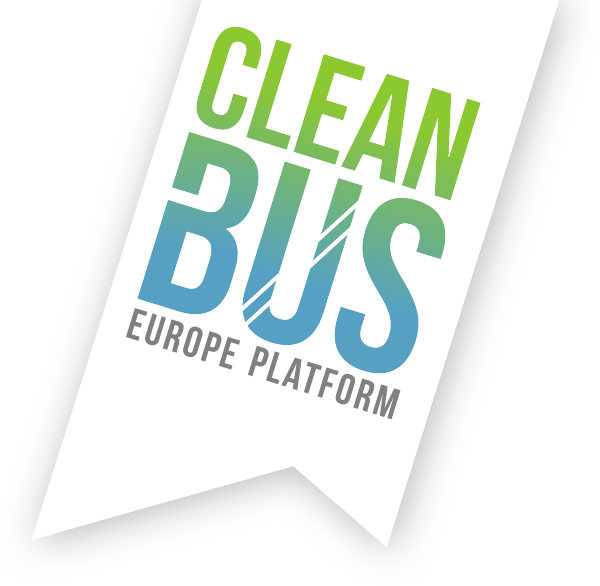Library Knowledge and info on clean bus deployment
The CBEP Library provides material related to clean bus deployment, including guidelines, publications, legislative documentation, and webinars. All material is categorised according to the four stages of clean bus deployment: "if", "when", "what" and "how".
-
If - Know & DecideMaterial related to first stages of clean vehicle deployment, incl. identification & engagement of bus system actors, and identification of legislative and policy framework.
-
When - Plan, Regulate, FinanceMaterial related to funding, planning & financing schemes, ensuring support from authorities, setting up project governance, etc.
-
What - Specify, Procure, DeployMaterial related to the procurement process, developing partnerships, processes for infrastructure deployment, etc.
-
How - Operate & MaintainMaterial related to fleet/charging operation and optimisation, training of workers, evaluation of activities.
-
ZeEUS - Tender Structure for Urban Electric Bus Procurement28 October 2020ReportTendering e-buses differs from the process of tendering conventional buses in one central element: the new e-bus system shall be considered as a whole, including the 3 elements vehicle, infrastructure and operation. This report provides recommendations for tendering urban electric bus systems to any stakeholder.
-
ZeEUS - Urban e-bus systems deployment Plan & Recommendations28 October 2020Presentation
-
ASSURED 1.0 Interoperability Reference28 October 2020ReportThe ASSURED 1.0 Interoperability Reference describes the standards and definitions that are used in the ASSURED project for conformance and interoperability testing of vehicles and chargers.
-
ELIPTIC - Use Cases27 October 2020PublicationIn this report you can find all use cases in the framework of the ELIPTIC project, which aimed to advance electrification of public transport in cities.
-
Design charter for innovative electric buses22 October 2020PublicationThis Design Charter for E-buses has been designed to promote buses as a mode of transportation in their own right. The guidelines focus not only on the traveller but also on operators, rolling stock manufacturers and cities. Together, they form the ecosystem of the ‘bus of tomorrow’.
